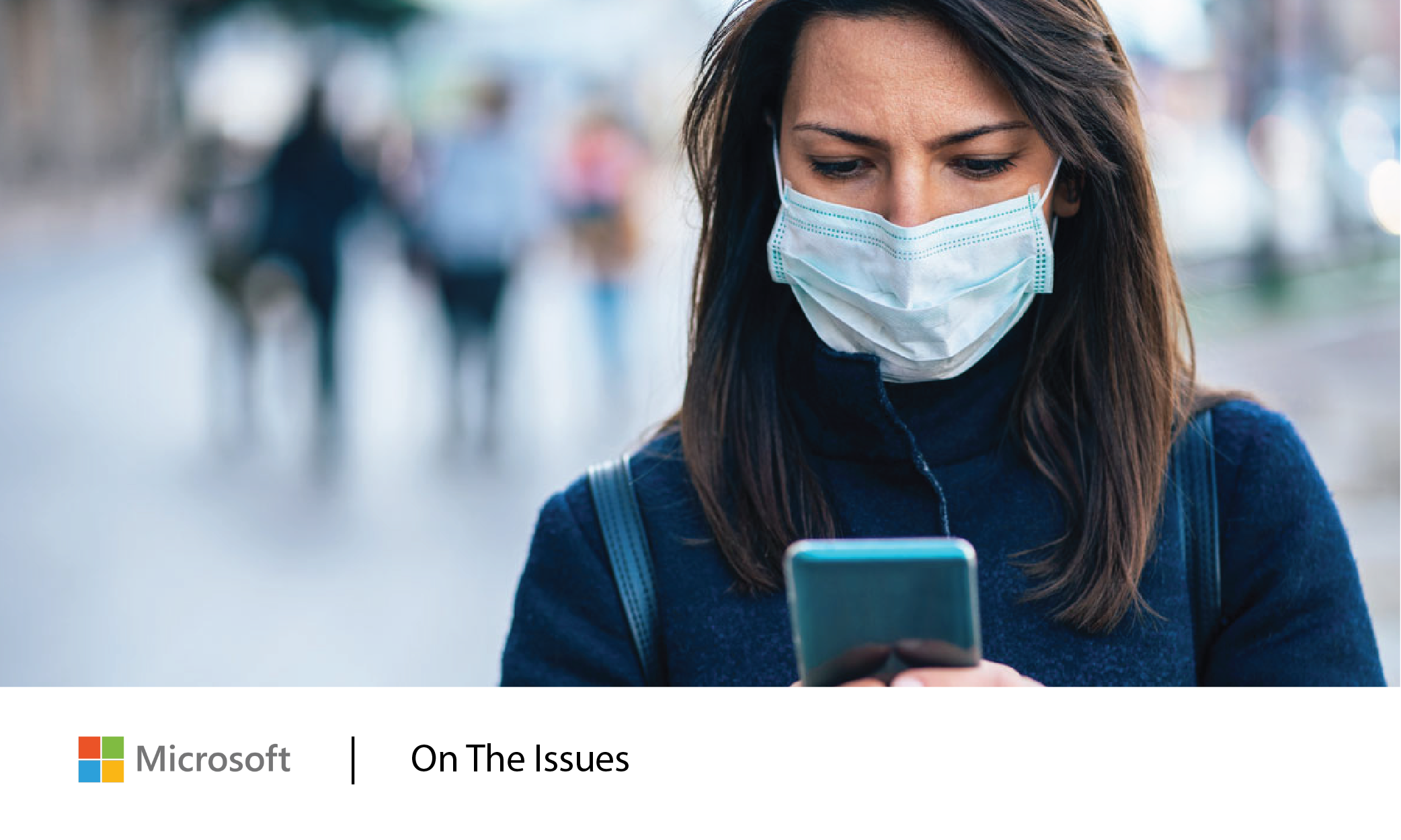Microsoft has joined with national, state and local healthcare authorities and providers, researchers, non-profit organizations and governments around the world on our shared mission to develop solutions to the COVID-19 pandemic. The company has partnered with the U.S. Centers for Disease Control and Prevention (CDC) on a Coronavirus self-checker tool, worked directly with hospitals to protect them from ransomware, launched a Coronavirus tracker on Bing, provided AI to decode immune system response to COVID-19 and will continue to embark on many other scientific, technical and logistical efforts to help the global community navigate new challenges and needs. As countries and companies focus on technologies such as tracking, tracing and testing to fight the pandemic, it's critical that we also protect people's privacy. Microsoft is offering seven principles as ideas to consider as we move into the next phases of helping to fight this pandemic.
More from GZERO Media
Technocrat and international jurist Nawaf Salam won the job just days after Lebanon named a president for the first time in two years.
Pam Bondi, Donald Trump’s pick for attorney general, appeared before the Senate Judiciary Committee for her first of two days of confirmation hearings on Wednesday.
Pam Bondi, Donald Trump’s pick for attorney general, appeared before the Senate Judiciary Committee for her first of two days of confirmation hearings on Wednesday.
Why has NATO launched a new operation in the Baltic Sea? Are the sanctions against Russia by the EU and US really working? Carl Bildt, former prime minister of Sweden and co-chair of the European Council on Foreign Relations, shares his perspective on European politics from Stockholm, Sweden.
South African police said Wednesday that rescuers had recovered 78 bodies and 246 living miners this week from an abandoned gold mine near Stilfontein, southwest of Johannesburg, that has been the site of a tense siege since August.
Hard Numbers: LA faces more fires, Meta makes big cuts, US inflation ticks up, Zaijian TikTok
With Donald Trump set to take office as US president on Monday, Poland is beginning its six-month presidency of the European Union with a warning: This is “the right time to say loudly that it’s time [for Europe] to take responsibility for our future and our security,” Poland’s Europe minister, Adam Szłapka, told the Guardian on Wednesday. Poland holds the rotating presidency from Jan. 1 to June 30, 2025.
The global energy system’s shift to diversified power generation could create challenges in balancing energy production, transmission, storage, and usage. Explore and subscribe to Bank of America Institute to learn more about the key breakthroughs pushing energy innovation forward.
In a G-Zero world, where no one country or group of countries is willing and able to provide global leadership, the law of the jungle prevails.
Israel and Hamas agreed on a deal to pause the 15-month conflict. A six-week-long first phase of the deal is set to begin soon.
